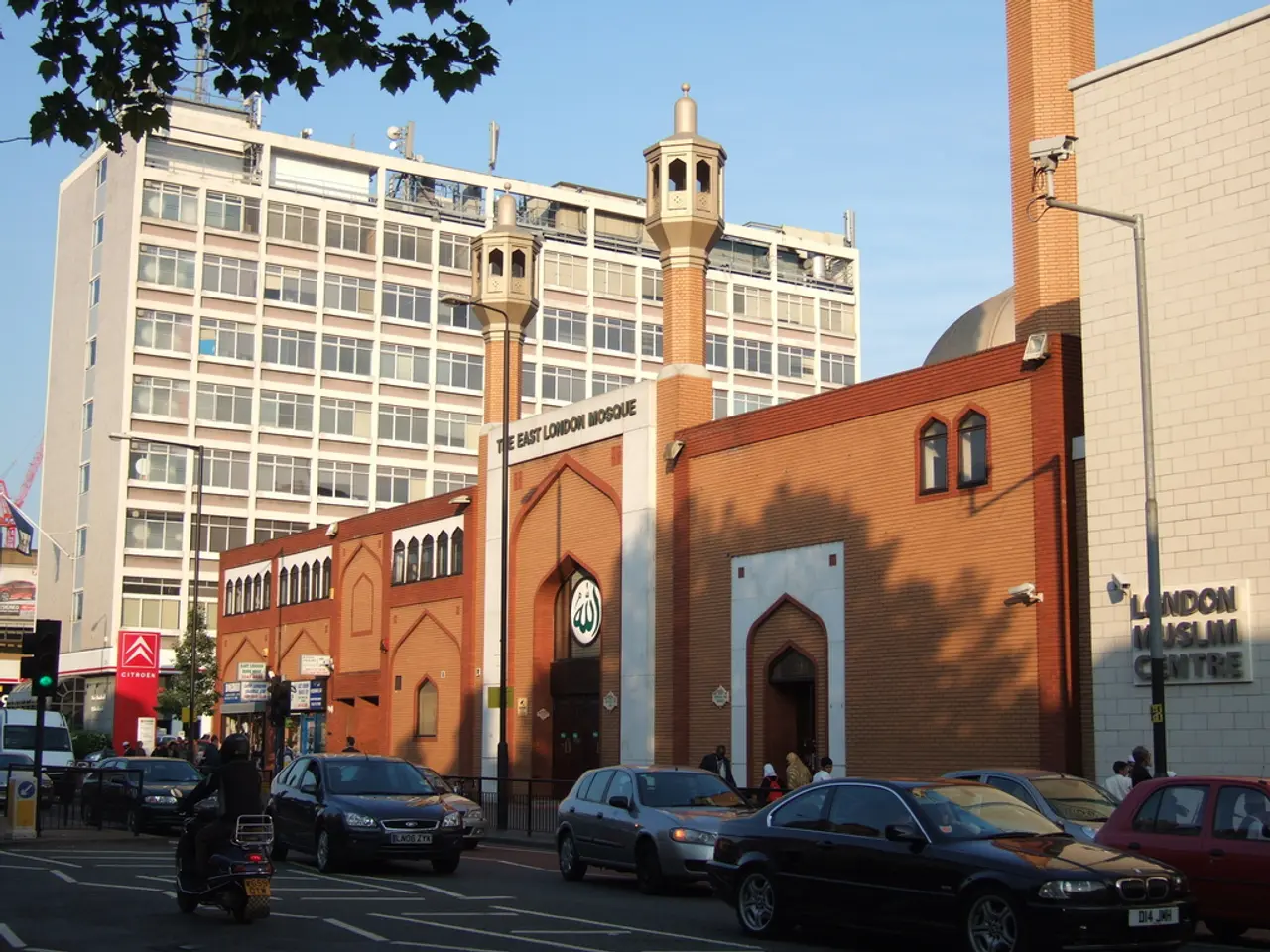Morocco Plans to Construct a 500 Megawatt Data Centre Fueled by Renewable Energy
**Morocco Announces Plans for Massive, Green Data Center in Dakhla**
Morocco has unveiled plans to construct a 500-megawatt data center in Dakhla, Western Sahara, as part of its ambitious strategy to modernize its digital infrastructure and establish itself as a key digital hub for Africa[1][2][3].
The data center, which will be powered entirely by renewable energy, is a cornerstone of Morocco's green tech ambitions in the region and forms a crucial part of its broader digital modernization strategy for 2024-2026[1][2][3]. This strategy includes a total investment of around 11 billion dirhams (approximately $1.22 billion) for digital infrastructure modernization, artificial intelligence development, and nationwide fiber optic network expansion[1][2][3].
However, the specific cost attributed solely to the Dakhla data center has not been separately disclosed[1][2][3][4]. Precise details about the construction schedule and operational commencement of the data center have not been publicly released as of July 2025[1][2][3][4].
Amal El Fallah Seghrouchni, Morocco's digital transition minister, stated that the network of data centers asserts Morocco's digital sovereignty and ambition to become a regional digital hub serving Africa[2][3][4]. The project aligns with Morocco's broader Digital Morocco 2030 roadmap, which aims to enhance data security, digital sovereignty, and the nation's digital infrastructure[1][2][3].
The data center in Dakhla will play a significant role in Morocco's strategy to position itself as a key digital infrastructure hub for Africa[2][3][4]. This strategic goal includes strengthening national cloud infrastructure, enhancing digital sovereignty, and providing regional digital leadership[1][2][3].
The data center will join Morocco's existing digital infrastructure, with the first state-backed data center, located at Mohammed VI Polytechnic University, having been operational since January and offering cloud hosting to local entities[2][3][4].
This ambitious project is central to Morocco’s aim to safeguard sensitive data domestically and expand its footprint as a digital hub servicing the African continent[4]. The data center in Dakhla is a testament to Morocco's commitment to digital modernization, sustainability, and regional digital leadership.
| Aspect | Detail | |-----------------|--------------------------------------------------------------------------------------------------| | Capacity | 500 megawatts powered entirely by renewable energy | | Location | Dakhla, Western Sahara | | Strategic goal | Enhance digital sovereignty; strengthen national cloud infrastructure; regional digital leadership| | Total digital modernization budget (2024-2026) | 11 billion dirhams (~$1.22 billion), covering AI, fiber optic expansion, and data centers | | Timeline | Not publicly disclosed as of mid-2025 | | Project cost | Specific cost for the data center not disclosed, part of the overall $1.22 billion digital plan |
Science and technology will be integral to the operation of the 500-megawatt green data center in Dakhla, as environmental-science will inform the renewable energy source powering the facility, and data-and-cloud-computing will be crucial for its effective functioning as part of Morocco's digital modernization strategy for 2024-2026. This green tech project aligns with Morocco's broader Digital Morocco 2030 roadmap, which aims to enhance data security, digital sovereignty, and the nation's digital infrastructure.




